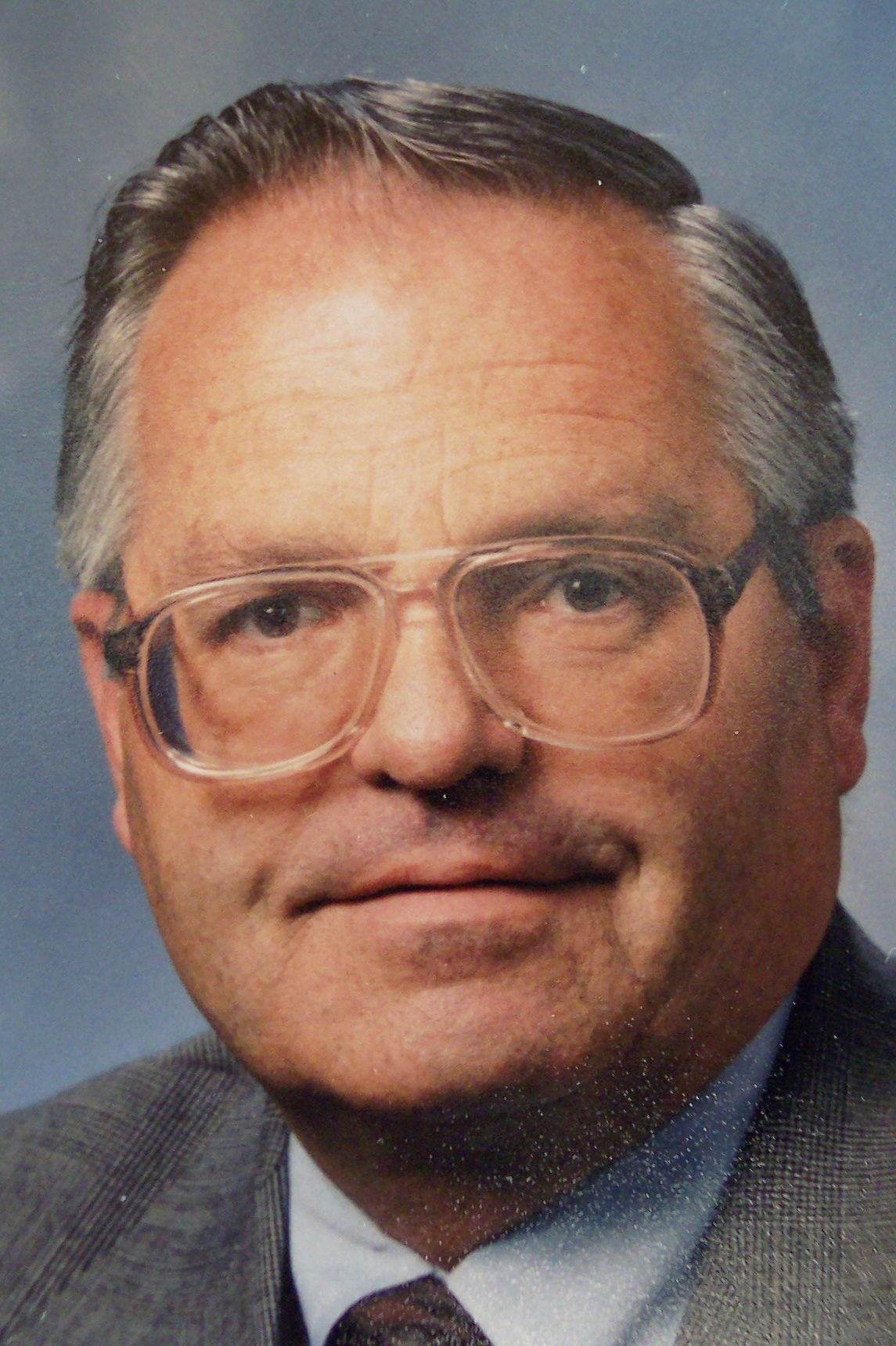Design History File (DHF), Device Master Record (DMR), Device History Record (DHR) and Technical File (TF) and Design Dossier
Learn More
There are key regulatory documents global medical device companies must meet for the U.S. and the European Union / Common Market. And there are important differences. The cGMPs mandate Design Control and proof of compliance in the Design History File (DHF). In order to sell globally, the EU’s CE-marking documentation is a requirement — the Technical File or Design Dossier. Currently they serve different purposes, support different goals, but there are some similarities. And both are moving together in some important areas. Being aware of the similarities and differences can further concurrent development / documentation, and/or updates to both.
What are DMRs and DHRs relationship to DHFs, TF/DDs?
This 90 minute webinar will examine the existing and proposed requirements for the U.S. FDA’s DHF and the EU MDD’s TF/DD. This webinar will provide valuable assistance to all regulated device companies that need to ensure their DHFs, TFs/DDs and associated and derivative documentation meet their respective requirements. It also addresses current requirements as well as some changes on the horizon.
Areas Covered in the Session :
- How to meet and document their differing requirements.
- Required and desirable contents.
- Areas requiring frequent re-evaluation / update.
- Similarities and differences, and future convergences and trends.
- Typical DHF contents.
- Typical Technical File or Design Dossier contents.
- The importance and usefulness of the “Essential Requirements”.
- Structure of the “Declaration of Conformity”; self-declaring or N-B reviewed.
- Parallel approaches to development.
- Where the Device Master Record / Device History Record “tie in”.
- Differing approaches to records audits by the U.S. FDA and an EU Notified Body
Who Should Attend:
This webinar will provide valuable assistance to all regulated device companies that need to ensure their DHFs, TFs/DDs and associated and derivative documentation meet their respective requirements. Its principles apply to personnel / companies in the Medical Devices, Diagnostic, and to a lesser extent the Pharmaceutical and Biologics fields. The employees who will benefit include:
- Senior management
- Middle management
- R&D
- Engineering
- Software
- QA / RA
- Manufacturing
- Operations
- Consultants
- cGMP instructors
- All personnel especially involved in device development, regulatory compliance and documentation.
Course Director: JOHN E. LINCOLN
 |
|